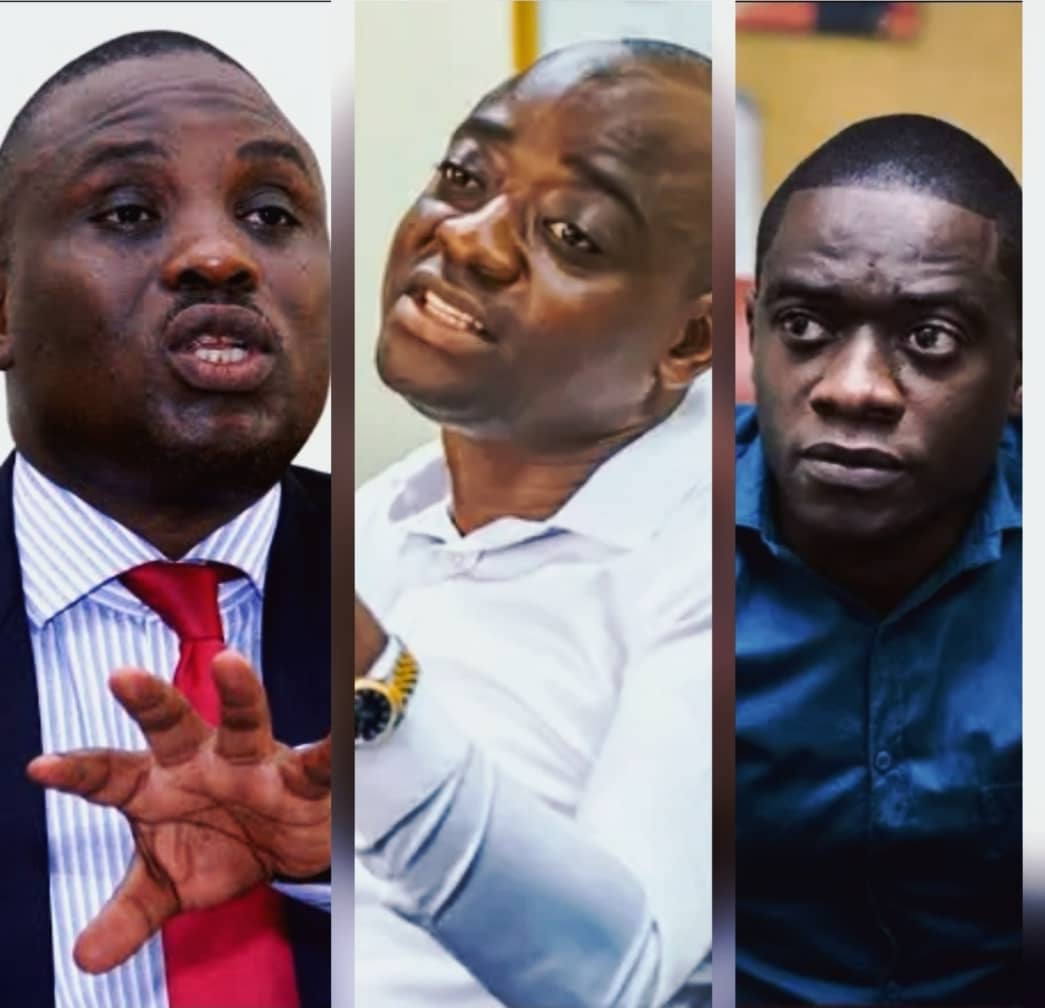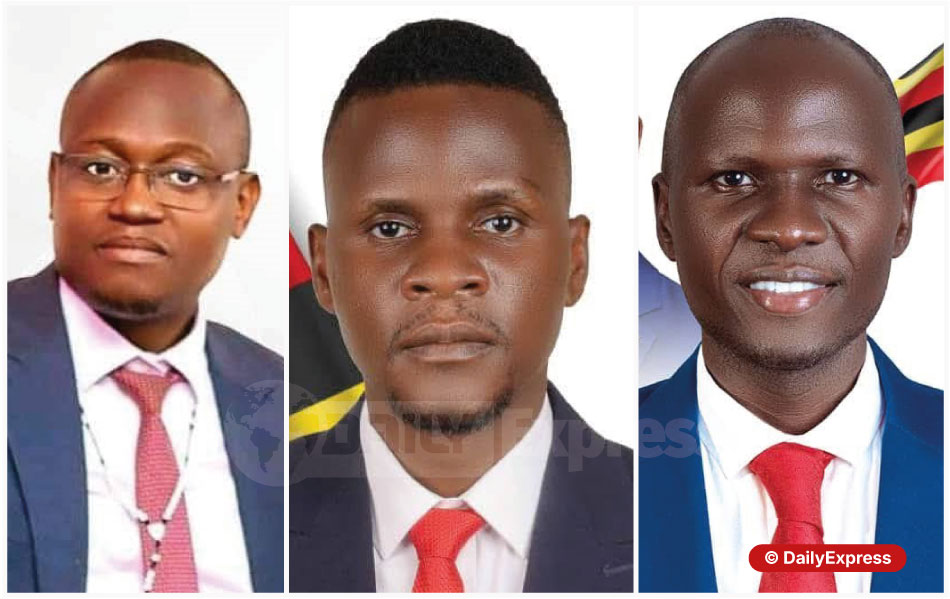Kampala’s fiercest urban battle is not just about development—it is about kinship and legacy. The fight over Nakivubo Channel now pits two cousins against one another: Hamis Kiggundu (Ham) and Lord Mayor Erias Lukwago. Their clash is deeply personal, rooted in family ties and the legacies of their fathers. Though not part of this current feud, Ham’s brother Haruna Sentongo has also faced resistance from Lukwago in the past—a reminder that the Mayor’s battles with family-linked developers go beyond Nakivubo itself.
Sidebar:
The Family Tree of Iddi Nsi Elikomawa
Iddi Nsi Elikomawa
├── Segawa Haruna → Hamis Kiggundu (Ham) & Haruna Sentongo
└── Sentongo → Erias Lukwago
This family lineage reveals why the feud is more than political—it is deeply personal.
The Channel at the Heart of Kampala
Few city projects have captured Kampala’s imagination and fury like Nakivubo Channel. Originally designed during colonial times, the channel was meant to drain stormwater into Lake Victoria. Over the decades, however, the channel became choked with waste, overflowed during rainy seasons, and turned into a symbol of urban neglect. For many traders and residents, it is both a lifeline and a nightmare.
When Hamis Kiggundu proposed a bold redevelopment of the channel, many saw an opportunity to modernize Kampala. Others, led by Mayor Lukwago, saw a dangerous overreach—a private developer fencing off public land.
Ham’s Rise: From Developer to Urban Visionary
Hamis Kiggundu, better known as Ham, is no stranger to controversy. A lawyer by training and businessman by instinct, he has steadily built Ham Enterprises into a real estate powerhouse. From Ham Towers to Nakivubo Stadium, his projects signal ambition on a national scale.
Ham’s proposal for Nakivubo Channel won a personal endorsement from President Museveni, who called it ‘godly, imaginative, and simple.’ This letter emboldened Ham, who quickly fenced off parts of the channel. His vision: underground drainage and flood systems, waste filtration, eco-walkways, and commercial buildings that could rival developments in Dubai.
Lukwago’s Resistance: The Civic Watchdog
On the other side stands Lord Mayor Erias Lukwago, a seasoned lawyer and political fighter. Known for his fiery speeches and his loyalty to the law, Lukwago sees the Nakivubo project as reckless and unlawful. He argues that institutions like KCCA and NEMA were bypassed, calling the works ‘illegal and fraudulent.’
For Lukwago, the issue is not only about drainage—it is about governance, accountability, and public trust. In opposing Ham, he positions himself as a defender of ordinary citizens who fear floods, displacement, or the privatization of public land.
Sidebar:
Timeline of the Nakivubo Channel Feud
• 1920s – Nakivubo Channel constructed by colonial administration.
• 1970s-1990s – Flooding and urban waste overwhelm the drainage system.
• 2017 – Government discusses modern redevelopment projects.
• August 2025 – President Museveni endorses Ham’s proposal.
• 2025 – Lukwago publicly denounces the project as illegal.
The Family Rift
The revelation that Ham and Lukwago are cousins turned the dispute into a spectacle. Kampala’s residents were stunned to learn that this was not simply politics but a family quarrel unfolding on the city’s biggest stage. Ham, the bold developer, is the grandson of Segawa Haruna; Lukwago, the cautious mayor, is the grandson of Sentongo. Both men trace back to Iddi Nsi Elikomawa, whose descendants now clash over Kampala’s future.
Though not part of the Nakivubo standoff, Haruna Sentongo—Ham’s brother—has also faced Lukwago’s resistance in other developments. This pattern highlights that the Mayor’s scrutiny extends across the family line, making the feud symbolic of a broader contest between developers and City Hall.
Public Perception and Media Reactions
Public opinion is sharply divided. Traders along Nakivubo hail Ham’s proposal as a long-overdue solution to flooding. Environmental groups, however, warn that such construction could worsen ecological damage. Local newspapers have run fiery headlines: some praising Ham’s ‘visionary genius,’ others echoing Lukwago’s warnings of ‘fraud and illegality.’
On social media, the debate has exploded into a cultural moment: #HamVsLukwago trends as Ugandans argue whether this is progress or plunder.
Possible Futures
Three possible futures dominate the discussion:
1. Ham completes the project, modernizing Kampala but leaving scars of controversy.
2. Lukwago succeeds in halting the development, preserving public trust but leaving the channel in its troubled state.
3. A rare compromise emerges, blending Ham’s vision with Lukwago’s caution—though both men’s histories suggest this is unlikely.
Conclusion: More Than a Channel
In the end, Nakivubo Channel is more than drainage. It is a battleground of ambition, legacy, and family rivalry. Ham represents daring transformation; Lukwago, institutional guardianship. Their fight is not only over land and water but over the soul of Kampala itself.
As Kampala waits, one truth remains: the channel divides more than just neighborhoods—it divides cousins, family, and visions of the future.
This dispute over Nakivubo Channel underscores the complexities of urban governance in Kampala, where personal ambition, family ties, and political responsibility intertwine. Every decision has cascading consequences—economic, environmental, and social. The struggle between Ham and Lukwago is thus not only about two individuals but about what kind of city Kampala wants to become.
Do you have a story in your community or an opinion to share with us: Email us at Submit an Article









